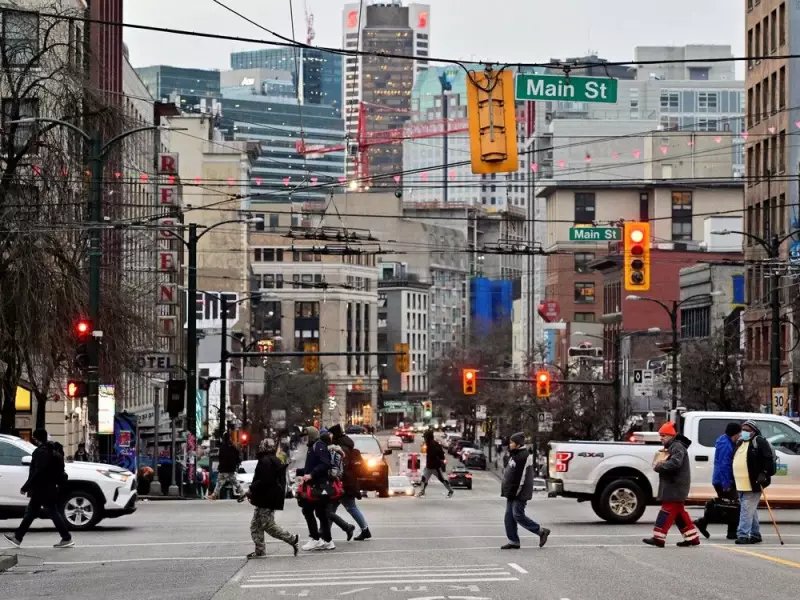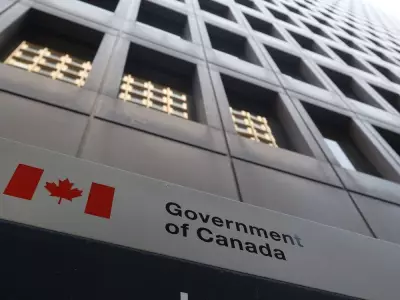
In a landmark decision that could reshape one of Canada's most complex urban landscapes, Vancouver City Council has unanimously approved the groundbreaking 'Improve Downtown Eastside' initiative. This comprehensive framework sets the stage for the neighborhood's most significant transformation in decades.
A New Vision for Vancouver's Heart
The newly approved plan represents a delicate balancing act between addressing urgent social crises and fostering sustainable community development. Council members emphasized that this isn't just another policy document—it's a commitment to tangible change in a neighborhood that has long struggled with overlapping challenges of poverty, addiction, and housing insecurity.
Key Components of the Downtown Eastside Plan
- Housing First Approach: Prioritizing permanent supportive housing with wraparound services
- Enhanced Social Services: Expanding access to healthcare, addiction treatment, and mental health support
- Community Safety Initiatives: Implementing measures that protect both residents and businesses
- Economic Development: Creating pathways for local employment and small business growth
- Public Space Improvements: Revitalizing parks and community gathering areas
The Road to Approval
The decision follows extensive community consultation that gathered input from residents, business owners, social service providers, and indigenous communities. Councilors noted the unprecedented level of engagement from stakeholders who have often felt excluded from municipal planning processes.
"This isn't about imposing solutions from city hall," one council member stated during the emotional debate. "It's about building on the community's own vision for their neighborhood while addressing the systemic issues that have persisted for too long."
Implementation Timeline and Next Steps
- Immediate Actions (0-6 months): Deployment of additional outreach teams and emergency service coordination
- Short-term Initiatives (6-18 months): Opening of new supportive housing units and enhanced sanitation facilities
- Medium-term Projects (18-36 months): Community center upgrades and public space renovations
- Long-term Vision (3+ years): Comprehensive neighborhood revitalization and economic development programs
Balancing Compassion and Community Concerns
The plan acknowledges the complex reality of the Downtown Eastside, where deep-seated social issues intersect with a vibrant community culture. Councilors stressed the importance of maintaining the neighborhood's character while implementing necessary changes.
Critical to the plan's success will be ongoing collaboration between multiple levels of government, including provincial health services and federal housing partnerships. The city cannot solve these challenges alone, but this framework creates the foundation for coordinated action.
As Vancouver moves forward with this ambitious initiative, all eyes will be on how these policies translate into real-world improvements for residents who have waited generations for meaningful change.





